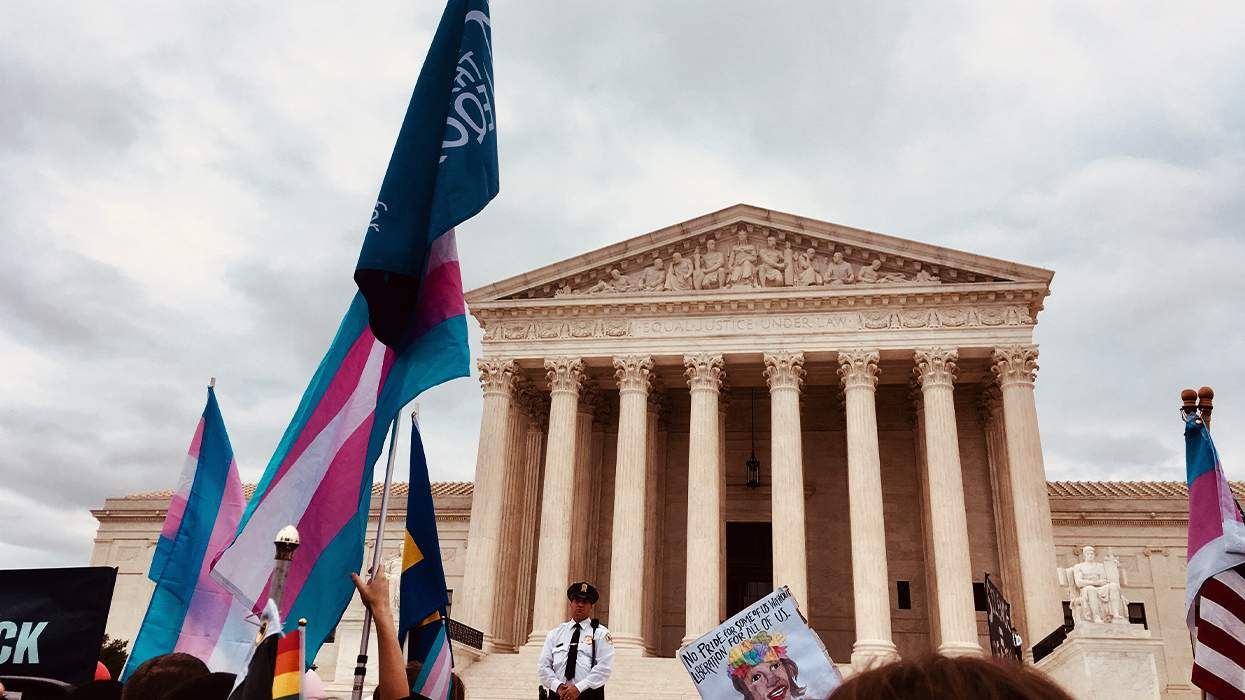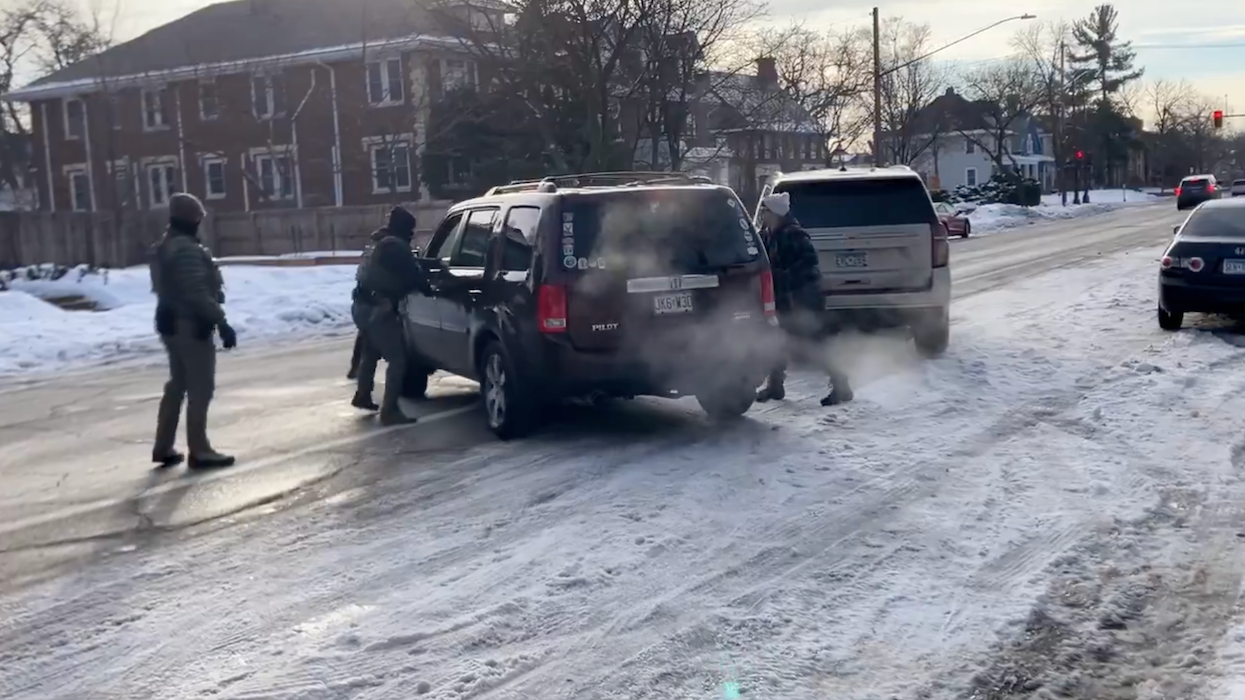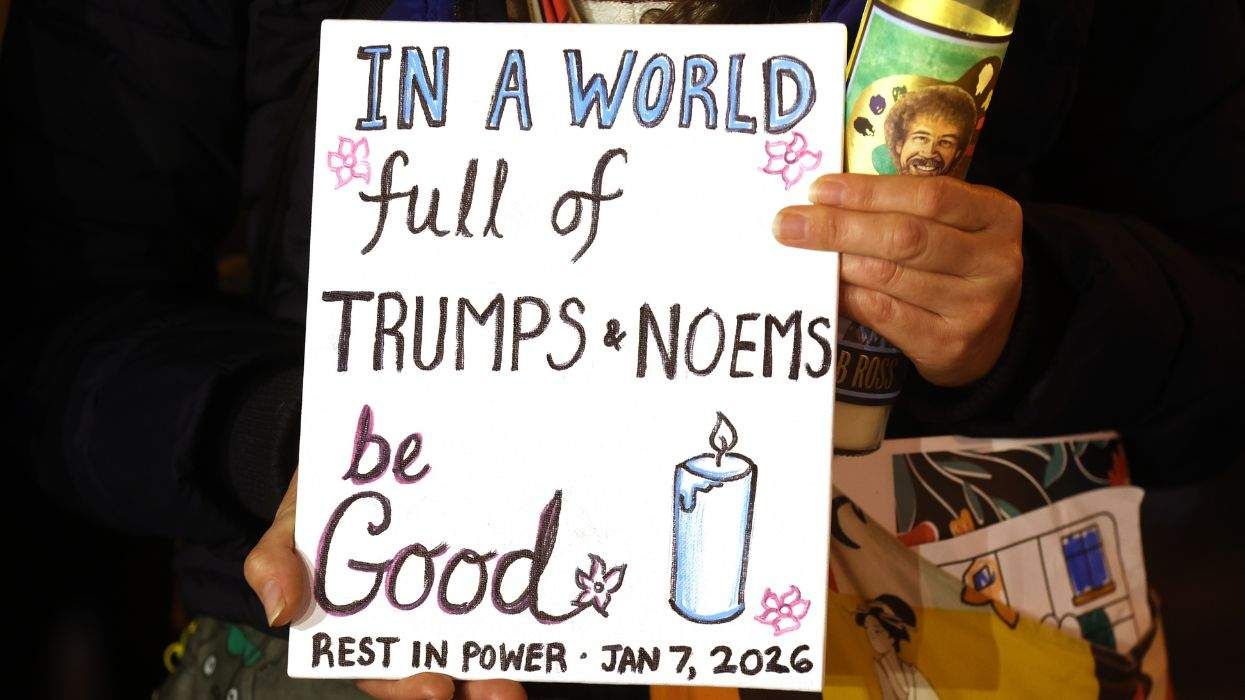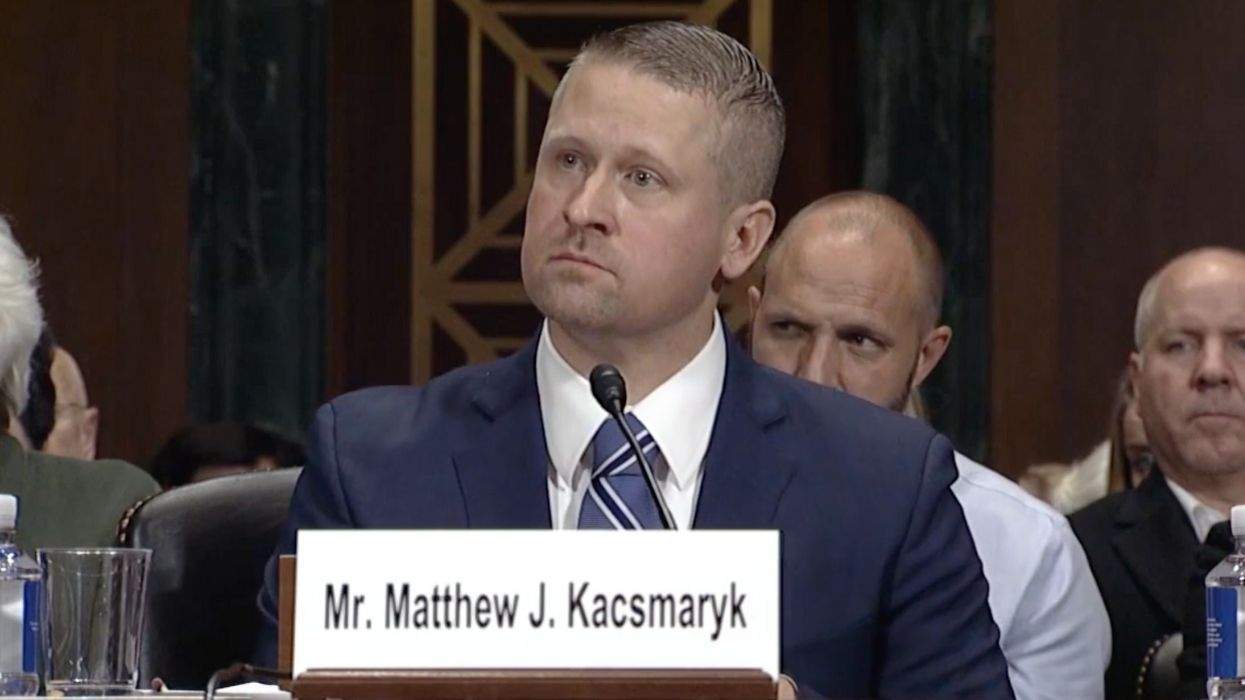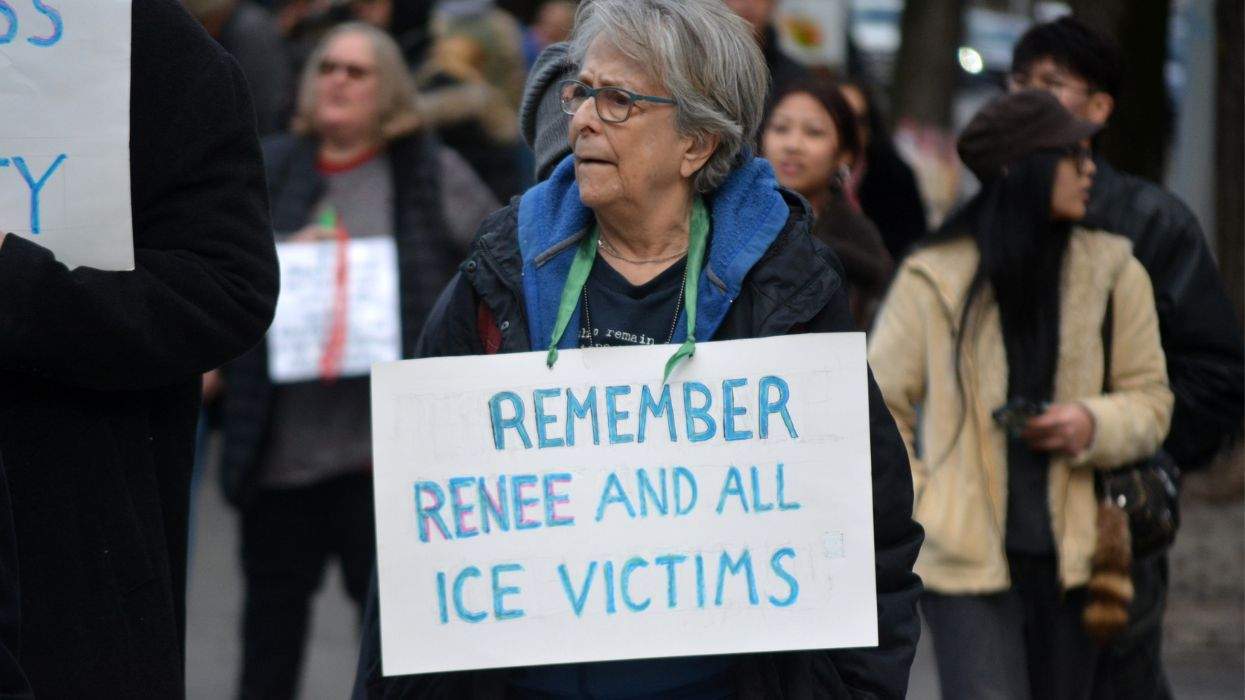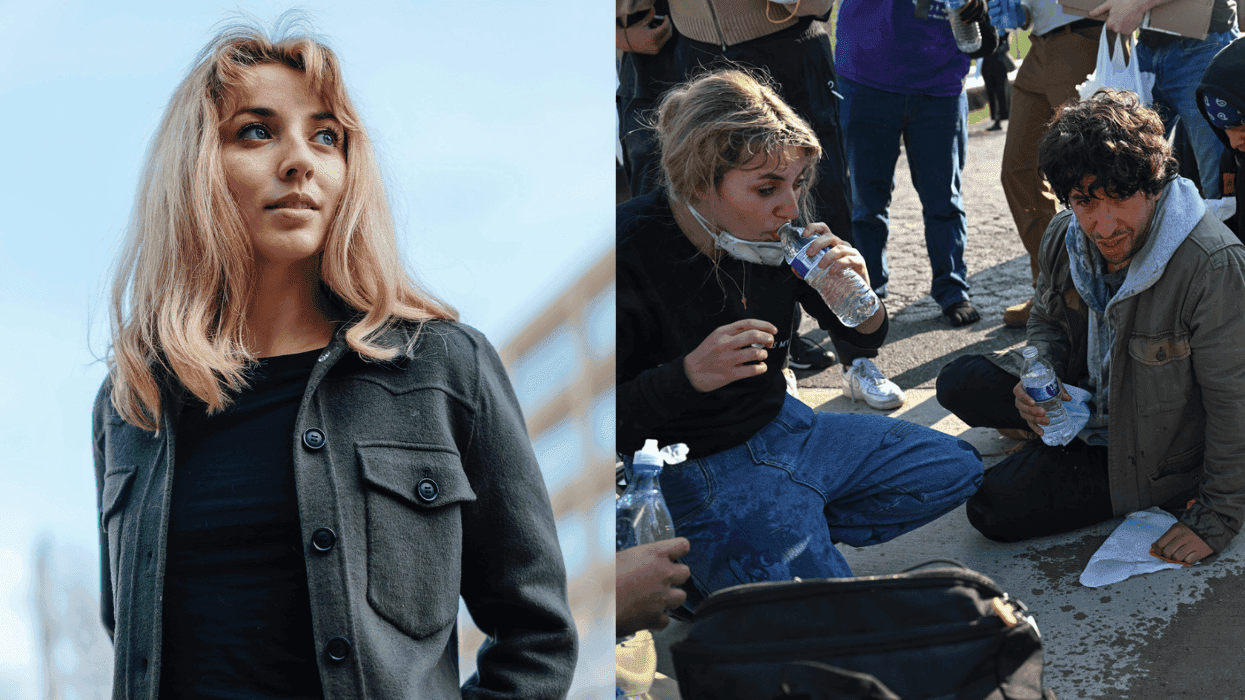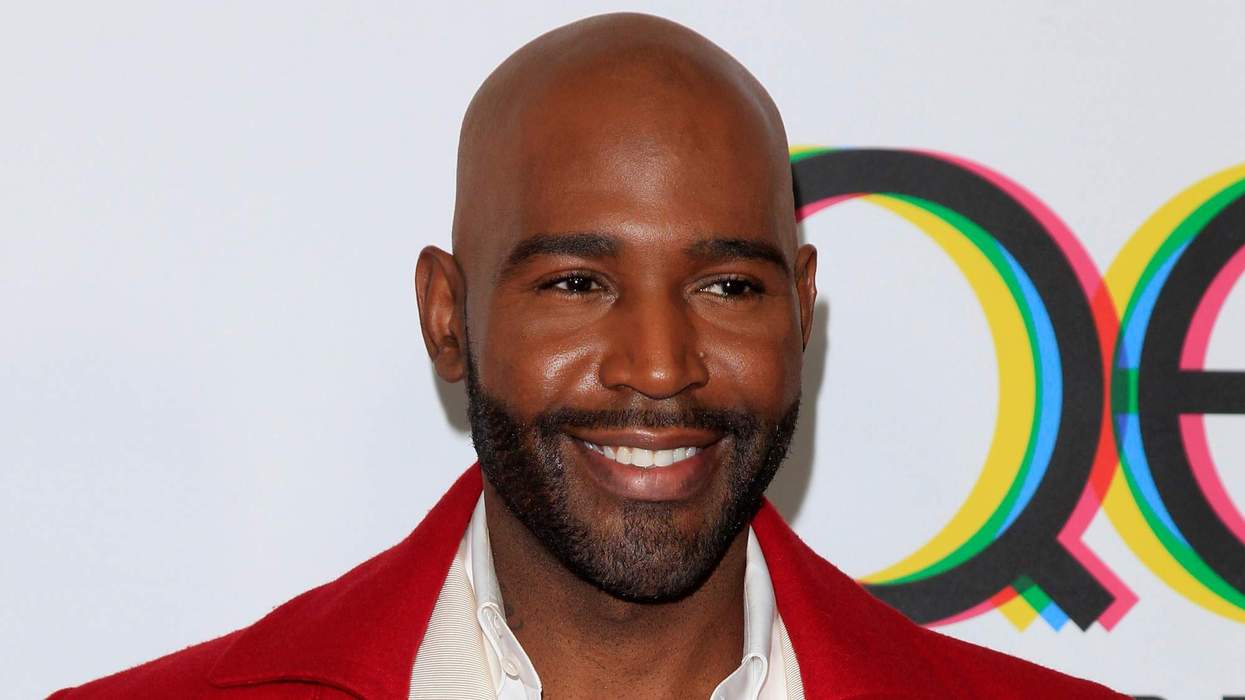LGBTQ communities in Texas are as big and diverse as the state itself. Small towns and big cities alike are engaged in their struggles to maintain the efforts, district by district and city by city, to explicitly protect people from discrimination based on gender identity and sexual orientation in this border state. Their struggles have national implications and yet are often not highlighted in national conversations. GLAAD and our state partners like Equality Texas seek to bring the work of local advocates to national attention in order to inform national efforts to achieve equality. The work is informed by GLAAD's Accelerating Acceptance study, which found high levels of discomfort, particularly in the Southern United States, toward LGBTQ family, friends, and neighbors. In order to dismantle the discomfort, GLAAD and our partners seek to collect and amplify the stories of LGBTQ Texans and the work they are doing to achieve full acceptance.
Texas has sued to block the expansion of immigration relief (Deferred Action for Parents of Americans and Deferred Action for Childhood Arrivals) and to keep school districts from following the guidance to allow transgender students the ability to use facilities that match their gender identity. These lawsuits lead the way for other states' antijustice efforts.
But as one of the panelists at the sneak preview of GLAAD's State of Change: Texas documentary said at the Montrose Center in Houston, "It's home. And no one should have to leave their home in order to be who they are."
As part of GLAAD's Southern Stories program, GLAAD and our partners at Equality Texas, Aqui Estamos, Organizacion Latina de Trans en Texas, Pride Home, LULAC Council 4871, HoustonLGBTHistory.org, and others are working not only to accelerate acceptance of Texas's LGBTQ community but also to confront racism, sexism, anti-immigrant discrimination, and xenophobia in the state.
Last week GLAAD released a bilingual guidebook for reporters covering LGBTQ stories in Texas; met with Texas media outlets to talk about best practices for reporting on LGBTQ people and issues; shared our work on air with one of the largest Spanish-language media outlets in the region, Televisa; and provided sneak previews of GLAAD's State of Change: Texas mini-documentary to spark conversations across the state about what needs to be done to further affect change for LGBTQ Texans. This mini-documentary is part of a six-state series that highlights diverse LGBTQ and allied voices in Southern states.
The interviewees made it clear that such work requires pro-immigrant, antiracist, antisexist, faith-inclusive strategies that are intentional and intersectional.
One of the interviewees, Ana Andrea Molina, founder of the Organizacion Latina de Trans en Texas, clarified the pro-immigrant lens. She is engaged against 287g, an act that fosters cooperation between police and Immigration Control and Enforcement -- meaning that a traffic stop could lead to detention and/or deportation for an LGBTQ undocumented immigrant, especially transgender women, who came to the United States fleeing persecution back home. This forces undocumented communities further into the shadows and Molina pointed out that when transgender women are deported they lose contact with their communities and in some cases are murdered. Although the Center for American Progress and the Transgender Law Center have outlined the ways that detention centers fail to keep immigrants safe, especially transgender immigrants who flee abuses when they emigrate only to be detained in unsafe conditions in the United States, these struggles are not always part of the national narrative for equality.
Molina also informed the audience that there are plans to open a detention center for transgender women near Dallas, which her group, though new and underresourced, is working to stop.
Texas is a border state particularly hostile toward immigrants, which adds to the stigma and discrimination that the women already face for being transgender. But Molina said, "We cannot live in fear. The people who discriminate against us should be afraid because of the way they are treating us -- we are in the right, we are just trying to live and survive."
Until explicit protections are in place that ensure that lesbian, gay, bisexual and/or transgender, intersex and gender-nonconforming people who are black, Latinx, indigenous, Asian, Muslim, poor, undocumented, or in any other way share an identity, history, or experience that is marginalized in the United States, no one will be safe being who they are or loving who they love.
These are the stories and struggles that are still not heard. GLAAD recognizes the breadth of the community and wants others to recognize it as well. By sharing the stories of LGBTQ people in Texas, GLAAD is raising awareness, fostering understanding, and advancing acceptance for the LGBTQ community.







